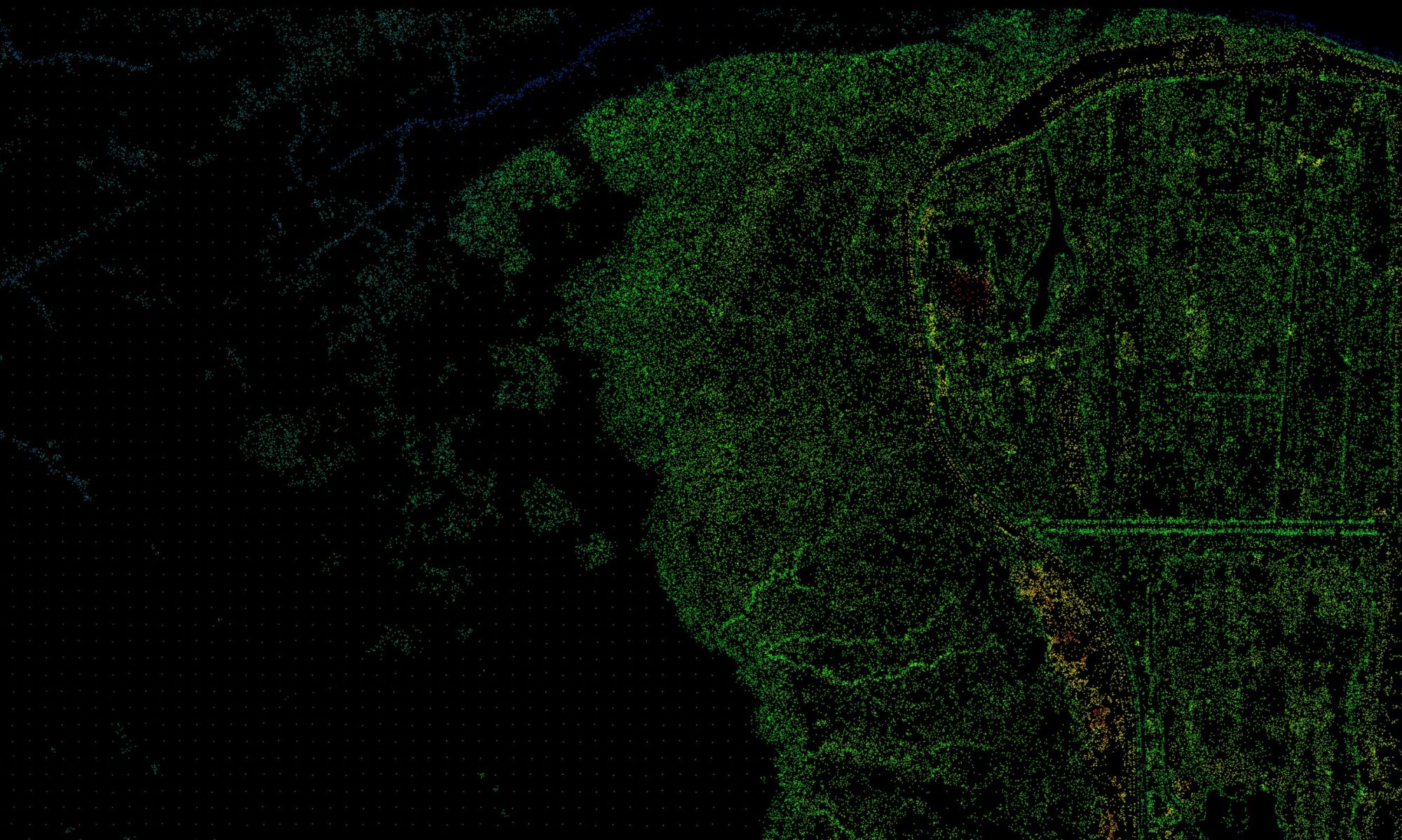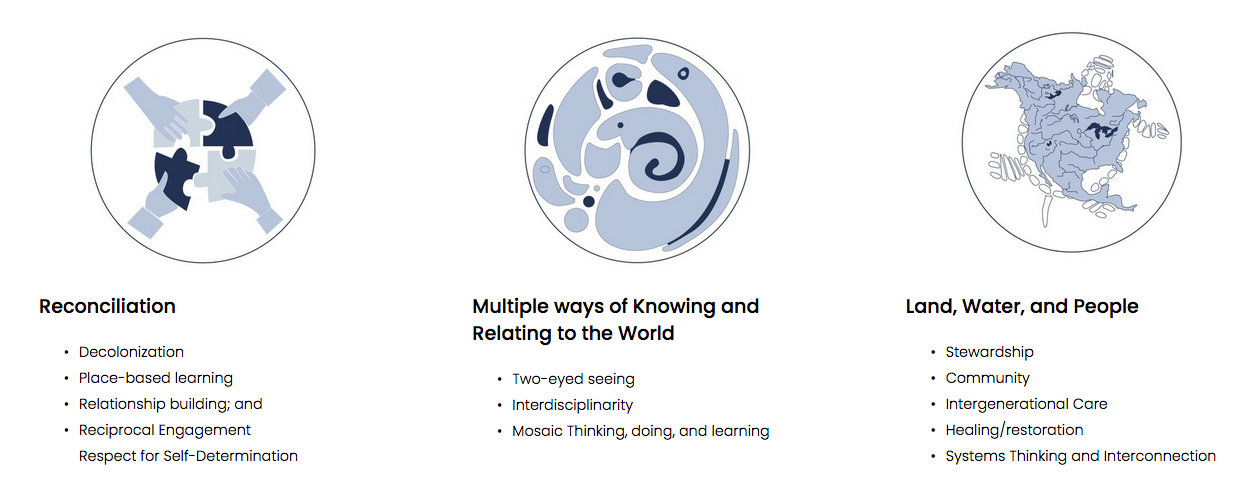Living with Water is funded by the Pacific Institute for Climate Solutions and brings together a diverse, multidisciplinary team of researchers and solution seekers to help human and more-than-human communities living along British Columbia’s South Coast prepare and adapt for sea level rise and the cascading effects of flooding.
Values Based Approach
Values are the meanings given to behavior and events based on what is considered desirable. These meanings influence how situations are interpreted, perceived, and acted upon. As such, what is considered appropriate, effective, and successful adaptation is determined by what people, groups, sectors, and decision-makers deem important. Values change as the physical and political conditions of the world change; therefore, climate change and the research it engages are constant processes of re-evaluation.
Living with Water makes explicit the values which guide our approach to adaptation while encouraging an evolution of these values as we learn more from the communities we collaborate with, especially the Host Nations on whose traditional and unceded territories our project focuses on.
Living with Water also recognizes that while adaptation science and policy have always been guided by values, the content and influence of these values have not been made explicit. Modern research paradigms have excluded Indigenous and local knowledges, leaving out important opportunities to redefine and co-define benefits across society, especially around climate adaptation.
We value the rights and knowledge systems of Indigenous Peoples as critical to researching and developing equitable climate adaptation plans. We commit to pay special attention to the relations of power and histories that have excluded Indigenous knowledges, perspectives, and priority-setting in regional and municipal contexts.
B.C.’s South Coast
B.C.’s South Coast, including the Fraser River Delta, Burrard Inlet and Squamish Delta, is home to an ever-growing human population of nearly 3 million. It hosts critical habitats for coastal species such as salmon and migratory birds, and is an emerging economic node within the Pacific Rim. The region has a complex jurisdictional environment, which includes multiple levels of government, dozens of municipalities and First Nations, as well as quasi-governmental authorities that occupy coastal areas, including the Port of Vancouver and Vancouver International Airport. The entire region is situated within unceded, non-surrendered First Nation territories.
Climate change projections show BC’s South Coast could be facing sea level rise of up to one meter in the next eight decades as well as increased flood scale and frequency. This will result in risks to residents, ecosystems, food security, and critical infrastructures.
Coastal flooding spans geographic and jurisdictional boundaries, and as such requires effective tools and frameworks for flood management across shared ecosystems and shorelines, including frameworks for collaboration, integrated policies, and design guidelines.
Living with Water addresses this by developing new planning, design and decision-making tools that:
-
- Foreground community values, Indigenous knowledge and perspectives in coastal adaptation planning;
- Broaden the solution space by developing decision-support tools for the planning, design and implementation of alternative flood adaptation solutions (e.g. nature-based solutions, multifunctional flood defenses, community-led relocation); and
- Provide recommendations for regional governance arrangements to guide integrated solutions to coastal flood adaptation.
Study Areas
Living with Water draws upon ongoing regional coastal flood adaptation projects and initiatives along the South Coast of B.C. by our partners. These projects inform and enrich Living with Water in distinct ways. Each project provides access to valuable knowledge, data, and information, as well as established connections to broader stakeholder groups:
-
- Each project provides unique contextual conditions (spatially and jurisdictionally), which will provide for a broader understanding and framing of coastal flood adaptation issues and potential solutions;
- Each project is at different stages of development—from planning to design development to pre-implementation—which provides opportunities for the co-production of knowledge and development of boundary spanning solutions, as well as different pathways for the uptake of research outcomes.
Project Website: https://www.livingwithwater.ca/


